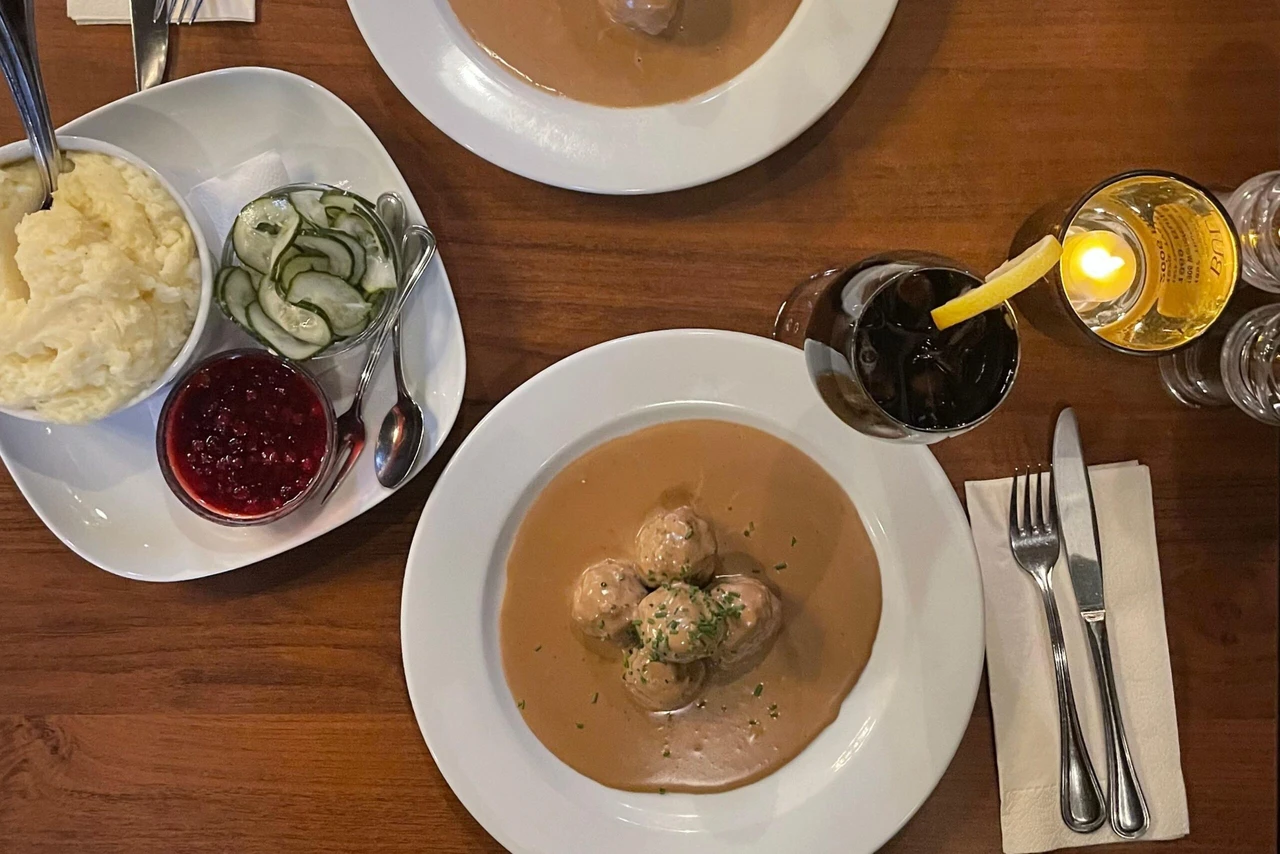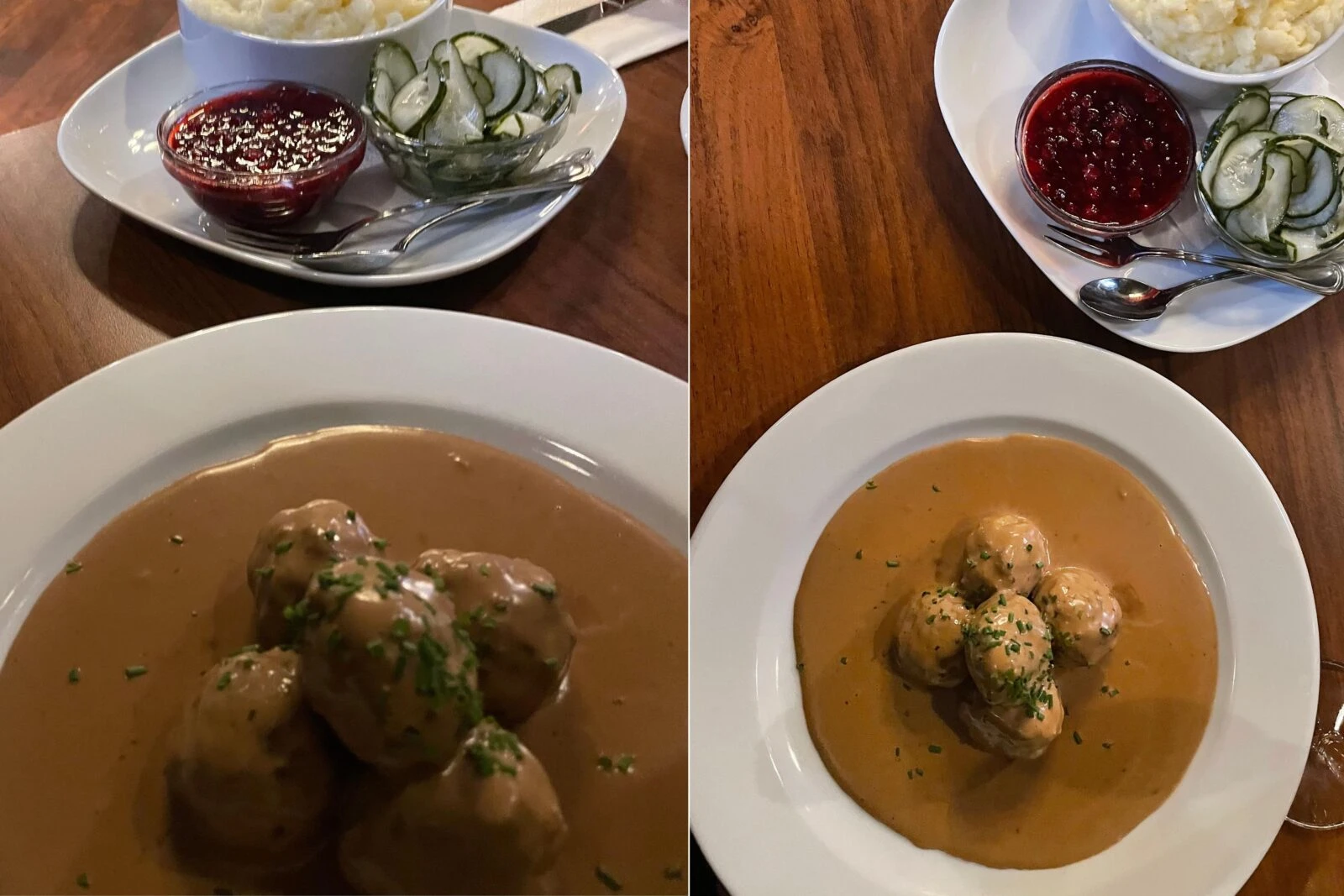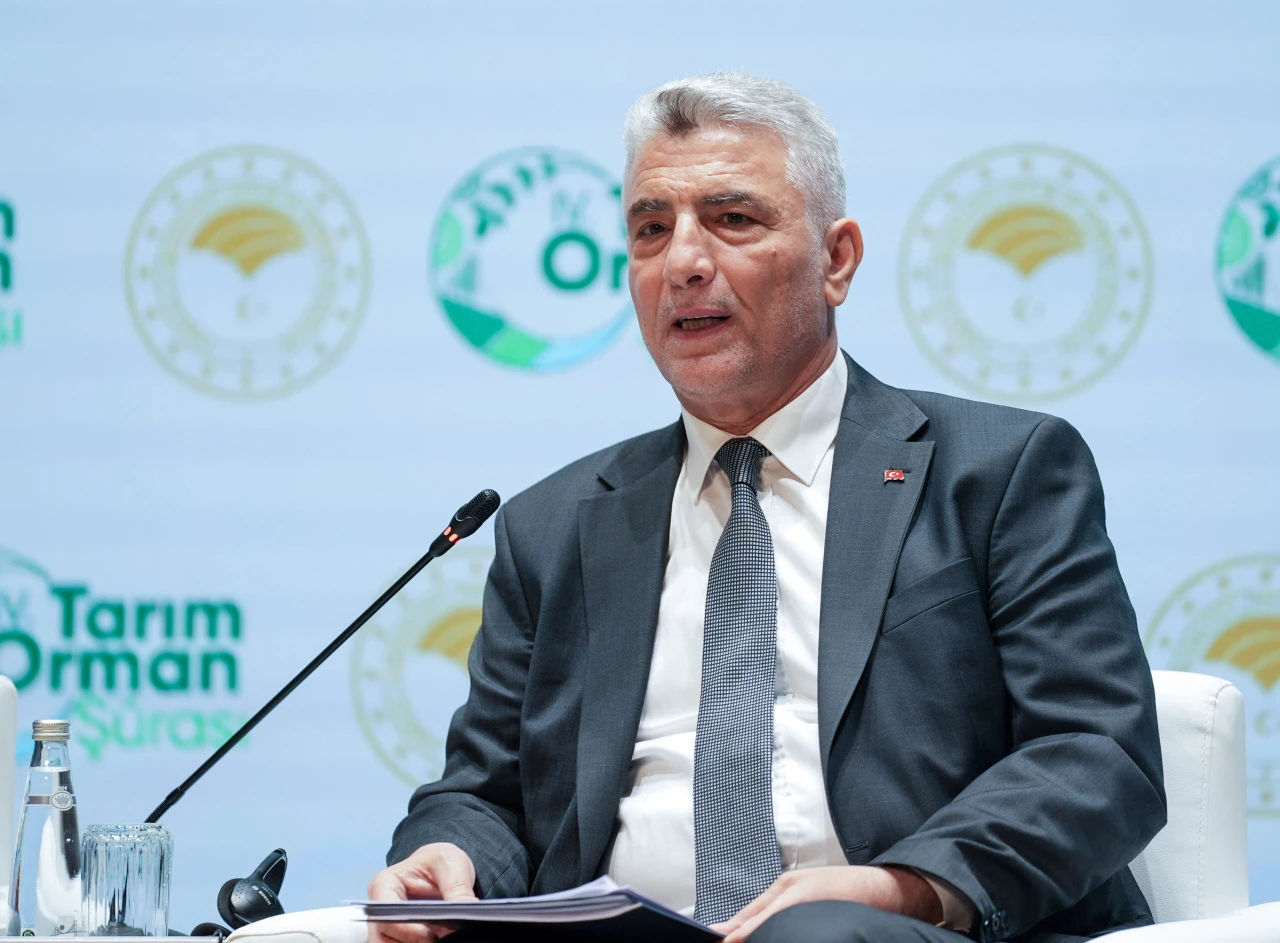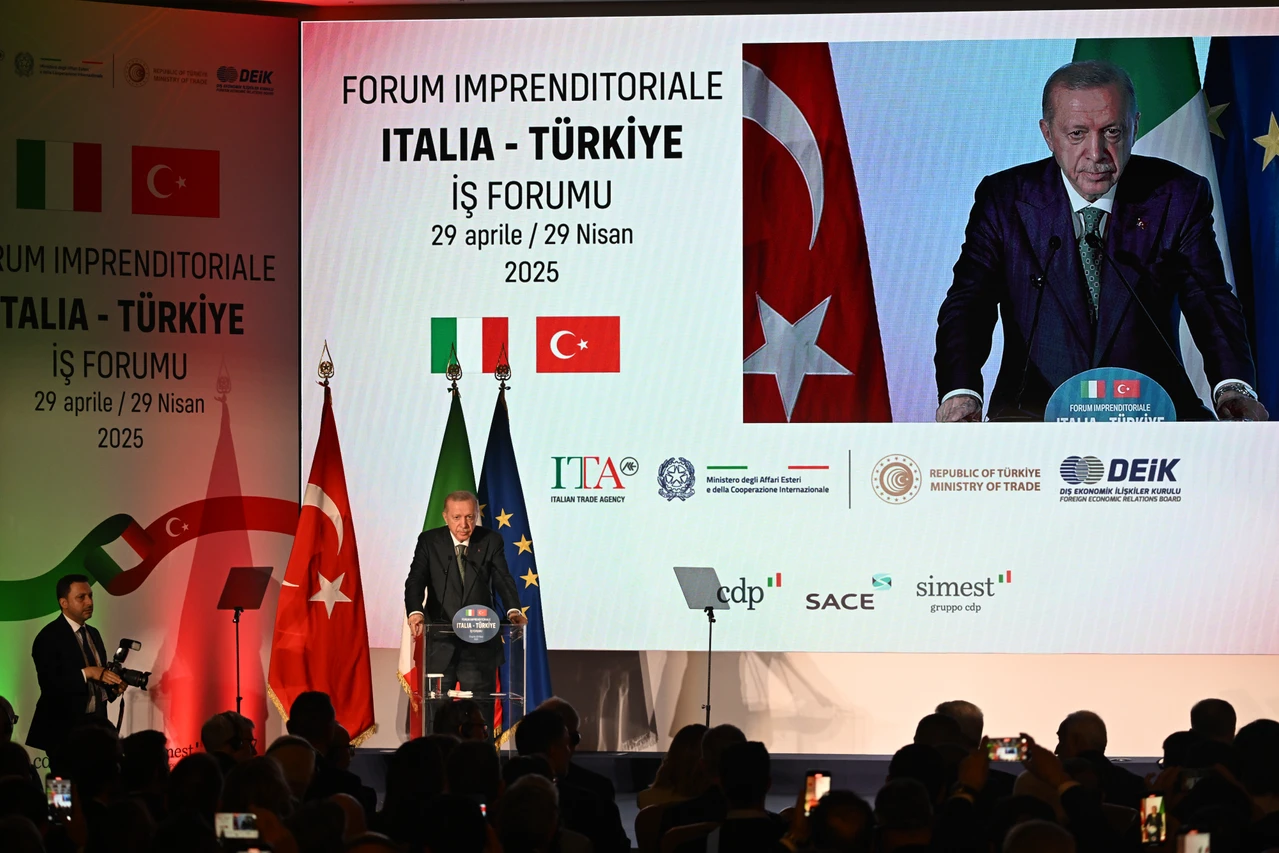How IKEA uses ‘Ottoman’ meatballs as global marketing strategy
 The famous Swedish meatballs are served with a special sauce, mashed potatoes, pickled cucumbers, and lingonberry jam, Malmo, Sweden, November 25, 2024. (Photo via Koray Erdogan/Türkiye Today)
The famous Swedish meatballs are served with a special sauce, mashed potatoes, pickled cucumbers, and lingonberry jam, Malmo, Sweden, November 25, 2024. (Photo via Koray Erdogan/Türkiye Today)
On April 28, 2018, Sweden made a startling admission that caught the world’s attention and reshaped a key part of its cultural identity. In a tweet from its official account, the country revealed that its iconic Swedish meatballs—served in IKEA stores worldwide and long considered a national treasure—were in fact inspired by a recipe brought back from the Ottoman Empire by King Charles XII in the early 18th century.
The tweet, posted on April 28, 2018, stated:
Swedish meatballs are actually based on a recipe King Charles XII brought home from Turkey in the early 18th century. Let's stick to the facts! pic.twitter.com/JuTDEjq9MM
— Sweden (@Sweden) April 28, 2018
The king, who spent years in exile after losing a war against Russia, is said to have returned not only with Turkish coffee and stuffed cabbage, but also with the foundations of what would become one of Sweden’s most recognizable culinary exports. The post, light-hearted in tone, stirred debate and pride—especially in Türkiye, where media outlets described it as a “confession” of cultural borrowing.
A royal recipe from Ottoman Empire?
King Charles XII of Sweden, who reigned from 1697 until he died in 1718, spent several years in exile in Bender (now in Moldova), then part of the Ottoman Empire, following his defeat by Russia at the Battle of Poltava.
During his time in Ottoman lands, the king is believed to have acquired a taste for several Turkish culinary staples. According to Annie Mattson, a researcher at Sweden’s Uppsala University, Charles XII did not return home empty-handed. Alongside the now-famous meatball recipe, he reportedly brought back coffee beans and stuffed cabbage, both of which became part of Swedish cuisine.

Turkish media calls it a ‘confession’
While the tweet was a light-hearted attempt at culinary transparency, many Turkish media outlets treated it as a long-awaited confirmation of what they describe as historical culinary borrowing.
The Anadolu Agency described the post as a “confession,” noting that it reopened questions about cultural contributions from the Ottoman Empire to Europe.
In response to the original post, many Turkish users expressed pride and amusement, with comments ranging from playful banter to more pointed critiques of modern branding.
🚨 NEW FACTS: Our new plant-based meatballs, with the same taste and texture as the regular ones, have been created by our chef Alex Magnusson (100% Swedish) in the early 21st century. Let's stick to these facts now!
(We can discuss later your regular meatballs fact)
😅 🇸🇪 😄 pic.twitter.com/7Hoj57kpE2— IKEA UAE (@IKEAUAE) March 9, 2021
IKEA’s Swedish meatballs in spotlight
The revelation that Swedish meatballs may have Turkish origins drew global attention—especially toward IKEA, the Swedish furniture giant known almost as much for its cafeteria food as for its flat-pack furniture.
While the tone of the Sweden official X account’s post was light-hearted—“Let’s stick to the facts”—its impact rippled far beyond social media. In Türkiye, the announcement was seen as long-overdue recognition of cultural borrowing. For IKEA, it became an unexpected moment of marketing gold.
Rather than downplay the controversy, IKEA leaned into it. The company continued to serve “Swedish meatballs” in its stores—more than 1 billion meatballs annually—while subtly rebranding and diversifying the dish. Newer offerings include plant-based alternatives crafted by Swedish chef Alexander Magnusson, further reinforcing a modern Swedish culinary identity while sidestepping the issue of origin.
But meatballs weren’t always central to IKEA’s brand. They were only added to the menu in 1985 when then-manager Soren Hullberg observed that customers often left the store hungry and frustrated, abandoning their purchases. Ingvar Kamprad, IKEA’s founder, believed that offering affordable, familiar food could enhance the shopping experience. Meatballs were chosen for their popularity, low cost, and ease of preparation, making them an ideal fit.
This decision paid off. IKEA’s restaurants, often centrally located in their stores, now serve millions of meals annually and are credited with significantly boosting customer satisfaction and sales. Studies suggest that hungry shoppers can spend up to 64% more than those who are full—an insight IKEA has turned into a global retail strategy.
Since the chain opened its first store in Türkiye in 2005, meatballs have become nearly synonymous with the brand. One Turkish user wrote: “There must have been a reason why the Turkish people embraced something from Sweden so willingly. IKEA equals meatballs for many of us.”
Another user joked: “After this confession, would you discount the meatballs to win our hearts again?”
But not everyone saw the humor. Serdar Cam, then-president of the Turkish Cooperation and Coordination Agency (TIKA), criticized IKEA for marketing Turkish meatballs as if they were uniquely Swedish.

Cultural exchange or culinary appropriation?
The 2018 revelation continues to spark debate about culinary heritage and national pride. For some Swedes, the idea that their beloved köttbullar may have been imported centuries ago has prompted a rethinking of culinary identity.
One Swedish Twitter user memorably wrote at the time: “My whole life has been a lie.”
A dish that unites rather than divides
Despite the ongoing debate, many Turkish social media users responded with goodwill, thanking Sweden for the transparency. One tweet read: “Thank you for bringing the fact! Much love from Türkiye.”



